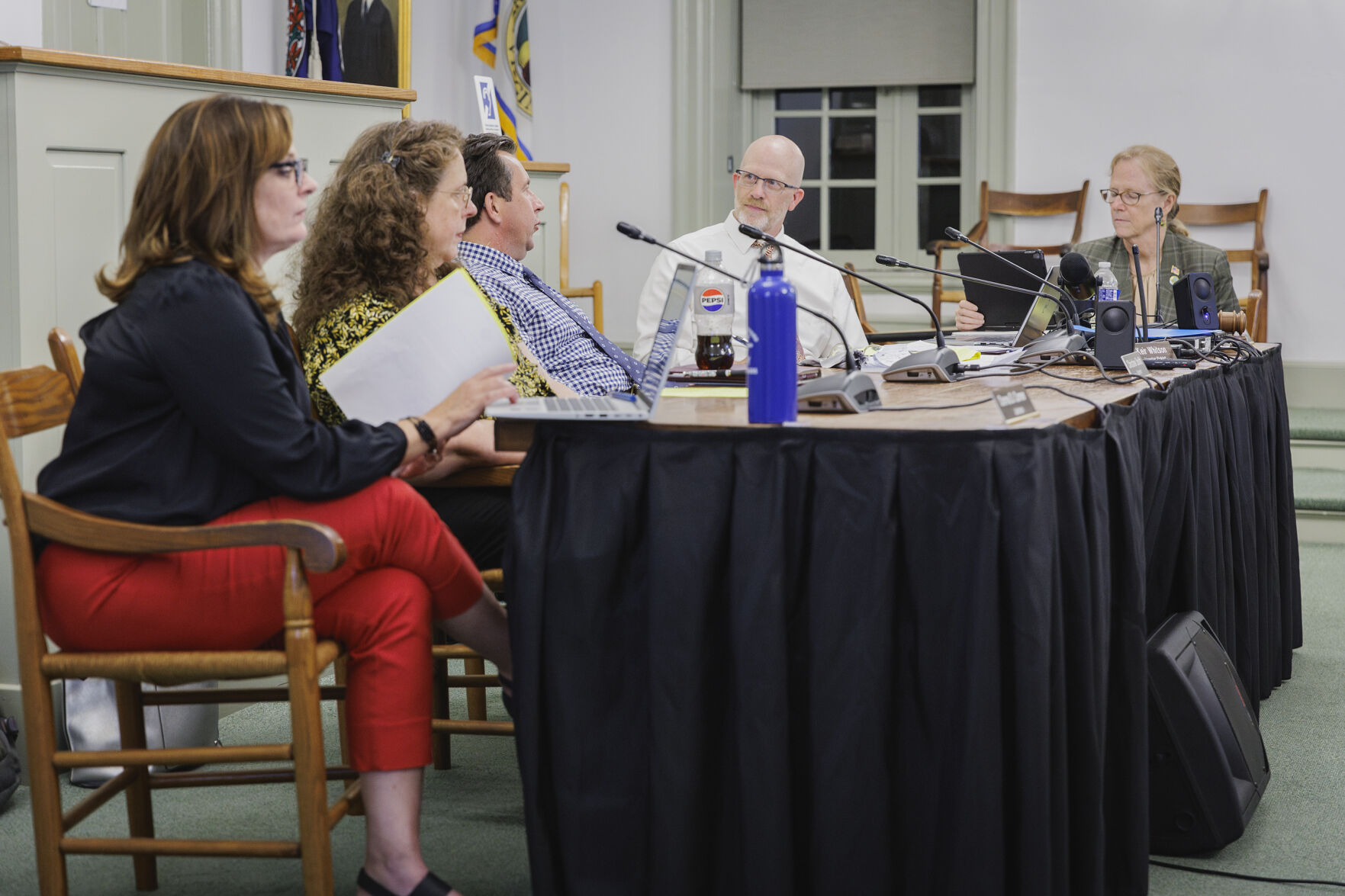Proposal: Higher real estate taxes, fees
Rappahannock County began hammering out its next budget this week in a fraught environment that mixes unprecedented disruptions from the federal government, little or no relief from the state, with anticipated new spending needs at home.
Having staved off property tax increases for three years, the Board of Supervisors faces the same challenge this year. At a special session scheduled for Wednesday evening, the supervisors were to begin dissecting a $31.67 million budget proposed by County Administrator Garrey Curry for the fiscal year beginning July 1.
By law, the county budget must balance, and the administrator’s proposal contains a deficit of $1.1 million. To help close the gap, Curry proposes raising the real estate tax to 57 cents per $100 of assessed property value, from the current 55 cents. The increase would bring in $384,446 in added revenue. The administrator’s plan also raises the fire levy within real estate taxes by one penny per $100 of assessed value.
The remainder of the budget gap would be met by four other shifts:
- A series of budgetary adjustments in funding the schools, the largest expenditure in the county. The Rappahannock County Public Schools would receive $10.4 million under the plan, 95% of what they had requested;
- A new cigarette tax would take effect for 75% of the year;
- Zoning and building fees would rise;
- A money-saving adjustment in the health insurance plan for county employees.
“I can’t think of a worse time than now to hit our residents with higher property taxes,” said Hampton Supervisor Keir Whitson in an interview. He noted that prices for a slew of products, ranging from beer to building materials are already rising as the Trump administration imposes tariffs on the country’s principal trading partners. “We truly need to sit down and ask ourselves: ‘How are we going to manage?’”
This year’s budget process is set against a backdrop of three big complications:
- The federal government’s drastic shrink-back, led by billionaire Elon Musk, jeopardizes as much as $2 million in direct federal support.
- For the third year running, the State of Virginia has stuck to an education support formula that disadvantages Rappahannock schools — despite the efforts of a hired lobbyist who represented Rappahannock’s case in Richmond. If the state were to ease up the formula for support, the schools wouldn’t have to seek so much funding from the county. But with Rappahannock’s 2022 median household income rising 9% to $98,663 from the previous year, state lawmakers have opted to save funds for poorer sections of the state.
- Finally, the county is bracing for significant future expenditures on its long-postponed courthouse project, which will require borrowing in the bond markets, with debt repayments stretching forward for as many as 30 years.
Haggling and horse-trading will continue through the spring, with final adoption of a new budget required no later than June 2.




